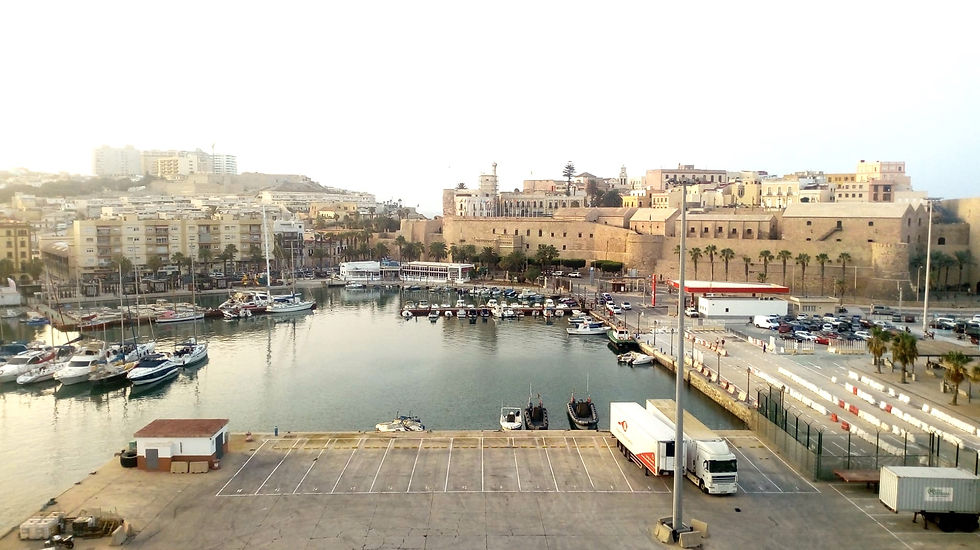Melilla: the absence of an integration model
- Feb 21, 2022
- 2 min read
Just a month ago, the CIDOB (Centre for International Relations of Barcelona) within the REGIN programme (Regions for the Integration of Migrants and Refugees), which is a biannual European project (2019-2021), published a comparative analysis of the management of migration between different regions of the European Union, including the Autonomous City of Melilla.

This report aims to show how the administrations and institutions are working towards the integration of migrants and asylum seekers. For this reason, it is no mere coincidence that a city such as Melilla is analysed: the first door to seek refuge, a city of transit for many, but also a city of permanence and construction of a future for others.
The results of this analysis are not positive for the city. Despite being the only region in Spain analysed that uses national funds to implement its integration actions for migrants and asylum seekers, it is the region with the lowest score in all the aspects analysed.
Firstly, it confirms something that many of us already knew, which is that the city has no integration model, no objectives or coordination structure, and no actions designed to reduce inequality between migrants and nationals. This is despite the fact that the city has all the necessary competences to be able to do so and has access to sufficient budget.
Secondly, the regulatory framework for integration is completely perverse, hindering people's access to the most basic rights, with meaningless administrative obstacles such as blocking access to the census, or long waiting times to access social services.
The precarious system of integration that exists urgently needs actions that promote structural change in order to respond to the special needs of migrants. There are no policies for labour insertion, education, health or access to housing. Thus reproducing inequality.
This report also criticises the fact that the regional government only has constant contacts, only grants subsidies and only draws up agreements with those entities and NGOs that work with migrants in a regular situation, totally neglecting those entities that accompany people with an irregular immigration status.
In conclusion, despite the fact that Melilla has the necessary economic resources for the integration of migrants and asylum seekers, up to now, it has not been able to provide the necessary financial resources for the integration of migrants and asylum seekers:
There has been no dedicated integration strategy, which alongside an exclusionary and discriminatory regulatory framework means that the city's migrant population lives for generations segregated and without access to the most basic rights, and that those in transit risk their lives in order to reach another region where they can build their future.
Nor have concrete plans and actions been developed to improve the situation of migrants, showing little political will to uphold human rights.
The absence of human rights is a political decision to violate them.
MIPEX-R report: the governance of integration in six Spanish regions:
https://www.cidob.org/es/publicaciones/serie_de_publicacion/cidob_briefings/mipex_r_la_gobernanza_de_la_integracion_en_seis_regiones_espanolas

Comments